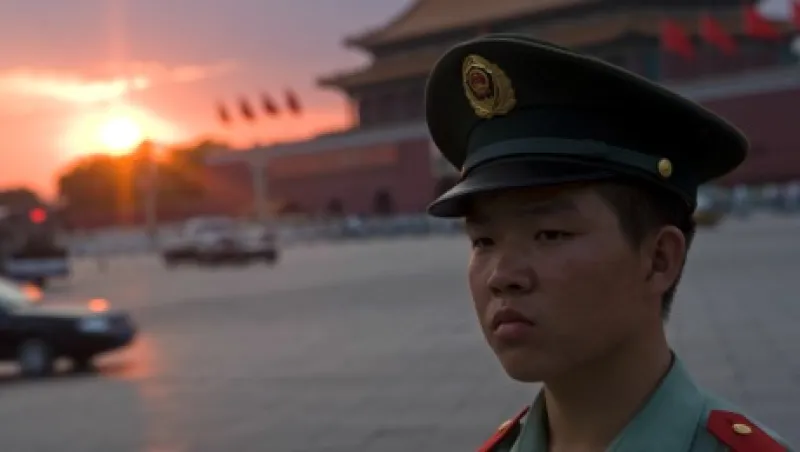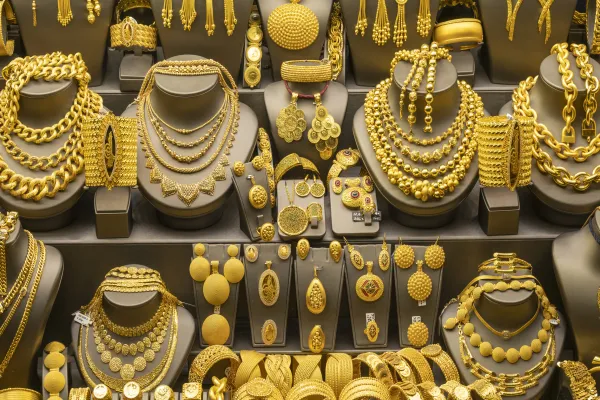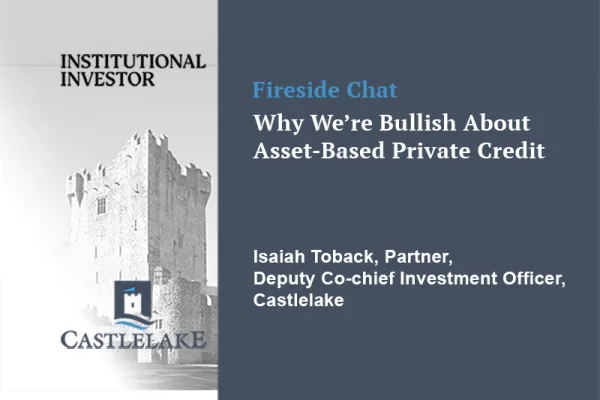In Normandy later this week, President Barack Obama will gather with more than a dozen Western leaders — including France’s François Hollande, Germany’s Angela Merkel and Russia's Vladimir Putin — to commemorate the 70th anniversary of the D-day landings that helped liberate Europe from Nazi Germany.
In China, meanwhile, the authorities are taking extraordinary measures to ensure that another anniversary — it has been 25 years since the government cracked down on pro-democracy demonstrators in and around Beijing’s Tiananmen Square — passes without incident, or indeed recognition of any kind.
The authorities have reportedly detained or put under house arrest dozens of people in recent weeks to ensure there are no commemorations of the events of June 3 and 4, 1989, when the People’s Army brought a bloody end to seven weeks of student-led protests. On Monday, reports surfaced that Google’s search engine, Gmail and other services were being disrupted in China while the Chinese-language websites of some Western media have been blocked on the mainland.
Beijing has long sought to banish mention and memories of the events of 1989. The government’s sensitivity has merely intensified as a result of recent events, including the turmoil unleashed by the Arab Spring and a spate of domestic terrorist attacks attributed to China’s Uighur minority.
This uncompromising stance, and the passing of a generation’s time, has been remarkably successful by some measures. Within months of Tiananmen, revolutions began toppling Communist regimes from Budapest to Moscow, prompting former president George H.W. Bush to declare a "new world order," but the powers that be in Zhongnanhai, the leadership compound in Beijing, proved remarkably adept at maintaining the old order. When Louisa Lim, author of the new book The People’s Republic of Amnesia: Tiananmen Revisited, showed pictures of the iconic photograph of a lone man stopping a column of tanks on a Beijing boulevard one day after the crackdown, only 15 out of 100 students could identify the image.
Beijing policymakers have achieved unprecedented success on an economic level, too. In the wake of Tiananmen, the Communist Party leadership made an implicit bargain with the Chinese people: You don’t question the party’s political supremacy, and we will deliver stability and prosperity. The party has kept its side of the bargain, driving double-digit growth rates that have lifted hundreds of millions of people out of poverty in the past quarter century, more than any country in the history of mankind.
Consider a few statistics. In 1989 China’s per capital gross domestic product stood at $307, or less than a dollar a day, according to World Bank statistics. By 2012 average annual incomes had soared nearly 20-fold, to $6,091. China sits on a record $3.95 trillion of foreign exchange reserves and is the single largest holder of U.S. Treasury securities. Alibaba Group, the leading Chinese online retailer, is preparing for an initial public offering on the New York Stock Exchange that analysts estimate could value the company at as much as $200 billion. By comparison, China’s GDP — its total output of goods and services — was $343 billion in 1989.
The West quickly went back to business as usual with China, recognizing it had few levers with which to influence Beijing and hoping that rising economic wealth would, over time, generate greater liberalization in other spheres. And in some respects, it has. The streets of Beijing today are as lively and bustling as nearly any city in the West; people go about their business with few obvious constraints. Private enterprise flourishes, and the state’s declared goal is to increase the role of markets in the economy and give consumers greater choice —and a greater share of the wealth. China has grown more assertive on the global stage, pressing its claims in offshore territorial disputes with Japan and Vietnam, even as the leadership appears brittle about its own past at home.
Li Lu, a student leader at Tiananmen who fled the country after the crackdown, personifies the new reality. Li came to the U.S., obtained business and law degrees from Columbia University and now manages money — including extensive investments in China — for such prominent investors as Berkshire Hathaway’s Charlie Munger. “Because of the tragedy of Tiananmen Square, my generation became entrepreneurs instead of working for the government,” he said in a 2012 speech at Columbia. “Today, all of the major private companies in China are led or funded by people of my generation. It is the greatest generation of entrepreneurism.”
Few could have predicted such an outcome 25 years ago. Few can predict where China will be 25 years from now. But combining growing economic liberalization with continued political dogmatism will be tricky for a country’s whose prosperity increasingly depends on companies, like Alibaba, that rely on ideas, innovation and information to thrive. One can hope tomorrow’s generation will be able to look back, as well as forward, with clear eyes.






